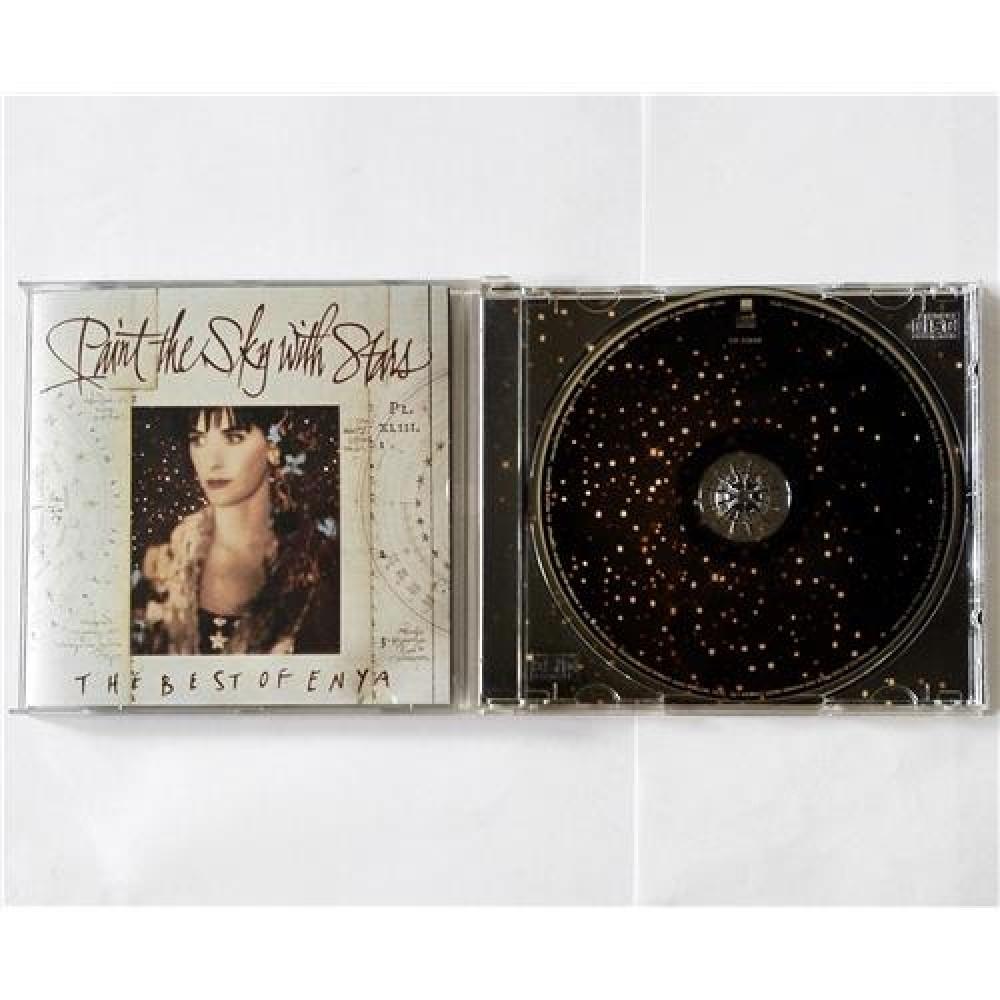
And then there was the Ed Sheeran-assisted “Love Yourself.” Mince his words? He minced them alright, and then retooled them to form an icy, emotionless slap set to sting for all eternity. Blindsided by the boingy genius of “Where Are Ü Now,” what followed was a drip, drip, drip of bangers-the metronome-panpipe perfection of “What Do You Mean?” and the tropi-pop of “Sorry”-to prove this was no one-off. This year, we witnessed the impeccable roll out of Justin Bieber: Serious Pop Star. Let’s swipe left on the Bieber redemption arc thinkpieces and focus on the music for a second. May we all come to know ourselves so well. party-of-one school of self-love, and it serves up body-moving, visionary surrealness. It’s a record that hails from the Andrew W.K. Confident even in its most vulnerable moments, the album is both an excellent dance record that culls from house, disco, and R&B, and pure pop soul that you can put on and let go from start to finish. Bailey joins a healthy lineage of musicians whose isolation fuels their creativity, but Ratchet’s ascent this year marks the arrival of a critically important voice for the post-Tumblr generation. The reality is, of course, more complex than that, but it’s what can happen sometimes in the weird neon pressure cooker of Southern Nevada. And yet, that’s exactly what it seemed when Shamir Bailey arrived with Ratchet, an artist fully-formed appearing amoebically amidst the industrial desert sprawl. It’s a gift that keeps on giving, in the exactly the creepy, plastic, disconnected way they intended.Īrtists like Shamir-a 19-year-old gender-nonconforming kid from North Las Vegas with an immaculate falsetto and face-slapping production-don’t just happen. Its cleanness is very much its intent, and layers upon layers of vocal harmonies, syncopation, and carefully-crafted dissonance are part of the meticulous puzzle that amounts to an eerily abstruse whole.

Looks” and “Drugs Exist,” Death Magic rewards repeated listening.


It’s a surreal but restrained effort that hones their noise roots that are very much still there-just try not to headbang to “STONEFIST,” one of the best rage anthems since, well, HEALTH’s own “Die Slow.” While some fans knocked it for taking a sleeker, more danceable, and really more pop, approach with songs like “L.A. The stylistic departure in many ways brought them more success-financial, above all-than their stage-ready synth noise sound, and that scored approach is evident on their return with Death Magic. Following 2009’s Get Color, LA's HEALTH took a break from traditional albums to compose the acclaimed video game soundtrack to Max Payne 3.


 0 kommentar(er)
0 kommentar(er)
